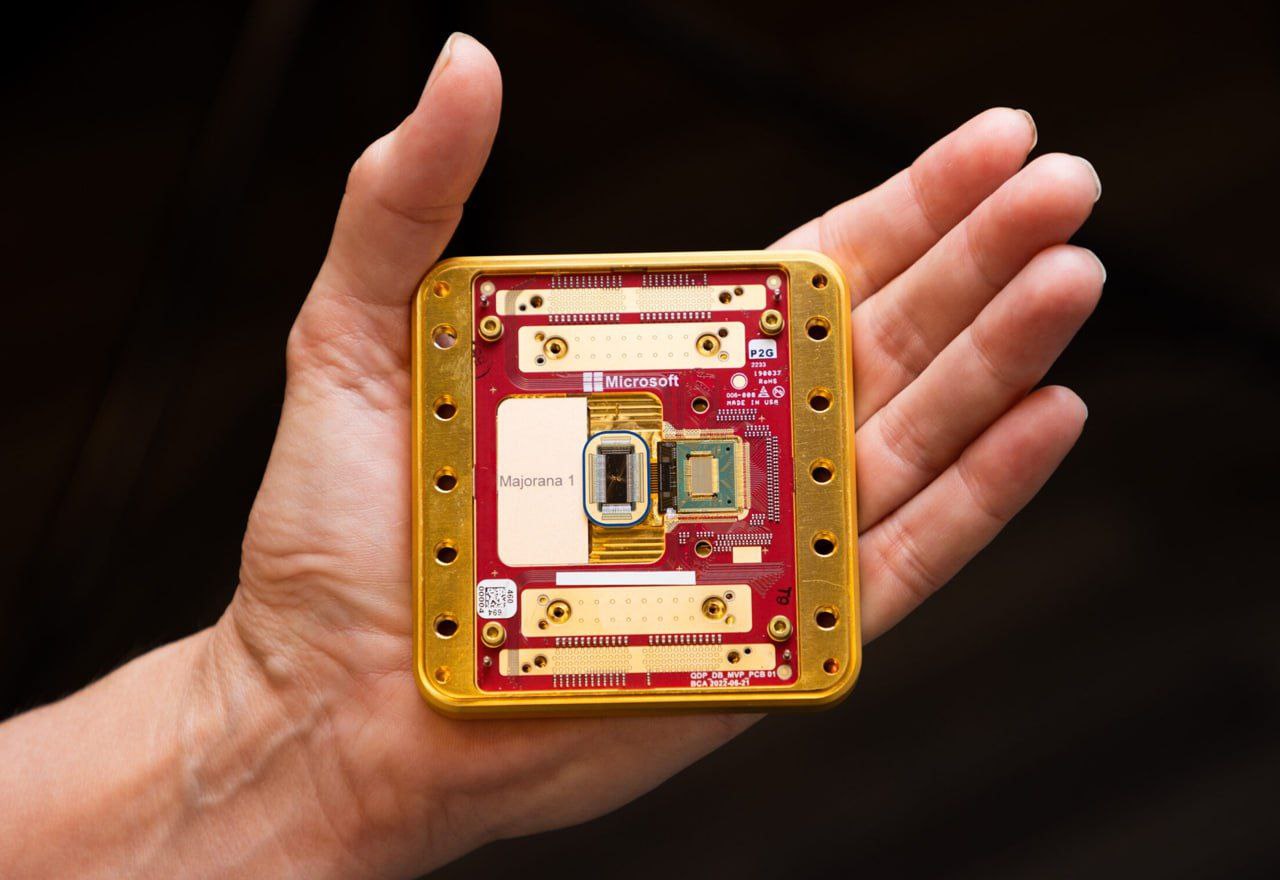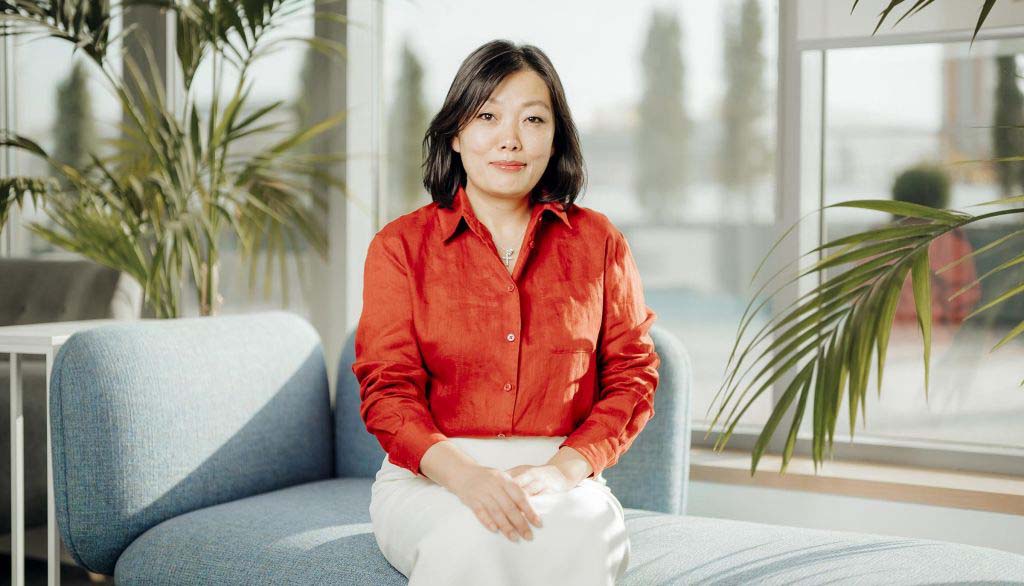The American technology corporation Nvidia has strengthened its position as a global leader in the artificial intelligence industry, setting a new historical market capitalization record of $ 4.21 trillion. The rapid growth in demand for GPUs used in the development and training of large language models and other AI applications was the main driver of this achievement. With a massive technological shift underway, Nvidia continues to strengthen its dominance in the high-performance computing sector.
The company's financial performance shows steady expansion. The growth in the share price exceeded analysts ' expectations, which led to the next stage of selling shares on the part of management. Nvidia CEO Jensen Huang sold 75,000 shares worth $ 12.94 million. This transaction was part of a previously approved plan to phase out the sale of up to 6 million shares. Sales started last month and are held in strict accordance with the established schedule.
Earlier in the week, Huang had already sold 225,000 shares, raising about $ 37 million. Such actions on the part of management are interpreted by the market as planned capitalization against the background of growing asset values, which does not affect the company's long-term strategic guidelines.
Additional attention of investors was caused by reports that Nvidia has submitted applications to the US government to resume deliveries to China of H20 graphics processors, a product developed taking into account export restrictions. According to preliminary information, the company has received assurances from regulatory authorities that it is ready to issue appropriate licenses. This can open up access to one of the largest technology markets and provide new revenue sources in the short term.
Previously, the export of such chips required a special permit. In the face of increasing competition from local Chinese manufacturers, obtaining export licenses to China is becoming a strategic advantage for Nvidia. According to industry sources, Chinese companies are actively preparing for the resumption of deliveries and placing pre-orders, seeking to strengthen their position in the fast-growing AI segment.
Nvidia's phenomenal growth reflects systemic changes in the global digital economy, where computing power is becoming a new asset that determines leadership in the technology race. Given the growing dependence of the global industry on AI infrastructure, the company's potential for further growth remains high. Nvidia is already seen not just as a hardware vendor, but as a strategic architect of the new era of computing.














